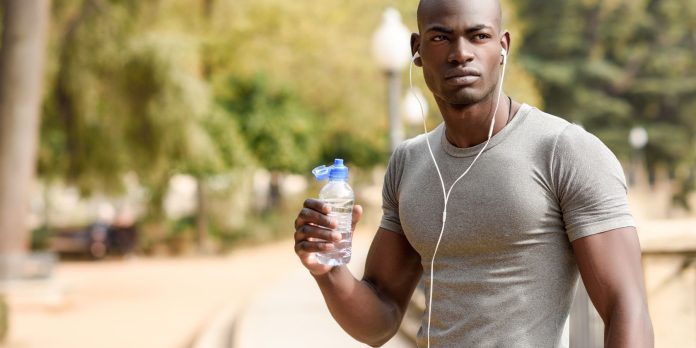Incorporating creatine into your fitness regimen can significantly enhance muscle growth and overall performance. However, it’s equally important to adjust your water intake accordingly. Understanding when to increase your quantity of creatine water intake is essential for maximizing the benefits while maintaining good health.
The Right Time to Increase Water Intake
1. During the Loading Phase
When you start taking creatine, you might go through a loading phase, typically involving taking a higher dose for a short period. During this phase, it’s crucial to increase your quantity of creatine water intake. More creatine in your system means more water is needed to facilitate its absorption and function in the muscles.
2. During Intense Workouts
On days when your workout is more intense, or you’re training in hot and humid conditions, your body loses more water through sweat. It’s important to drink more water on these days to compensate for the increased loss and support the creatine you’re taking.
3. When You Notice Signs of Dehydration
Common signs of dehydration include dark urine, dry mouth, fatigue, and headaches. If you notice these symptoms, it’s a signal to increase your water intake.
Balancing Creatine and Water Intake
The key to maximizing the benefits of creatine while ensuring overall health is maintaining a consistent and adequate water intake. Creatine increases muscle cell hydration, a critical factor for muscle growth and recovery. However, this process requires an additional amount of water from your body to avoid dehydration. The balance isn’t just in consuming more water, but in ensuring that this consumption is evenly distributed throughout the day.
Consistent hydration supports the efficacy of creatine by aiding in muscle function and recovery. It also helps mitigate potential side effects such as muscle cramps or digestive discomfort, which can occur when creatine is consumed without enough water. It’s important to be proactive about hydration – don’t rely solely on thirst as an indicator. Keep water accessible and make a habit of drinking regularly, not just in response to thirst or during workouts.
Understanding that hydration needs may vary based on individual factors such as body weight, activity level, and environmental conditions is crucial. Adjust your water intake accordingly, especially when your workout intensity or the surrounding temperature increases, to ensure that both your creatine supplementation and hydration needs are in sync for optimal health and performance.
FAQs
1. How does creatine affect hydration levels?
Creatine increases water retention in muscle cells, which can lead to dehydration if water intake isn’t appropriately increased.
2. Can the time of day I take creatine affect my water needs?
Generally, no. Your water needs are more influenced by your overall activity level and the amount of creatine you take.
3. Should I drink more water if I’m taking creatine without exercising?
Even without exercise, increased water intake is recommended with creatine use to maintain proper hydration.
4. Does the form of creatine (powder, pill, liquid) change water intake requirements?
The form of creatine doesn’t significantly alter water intake requirements – the key is the dosage of creatine.
5. Are there any long-term effects on hydration with continuous creatine use?
Long-term creatine use shouldn’t significantly affect hydration if you consistently maintain adequate water intake.
Remember, timing and the right quantity of creatine water intake are crucial for leveraging the benefits of creatine while keeping your body well-hydrated and healthy.











